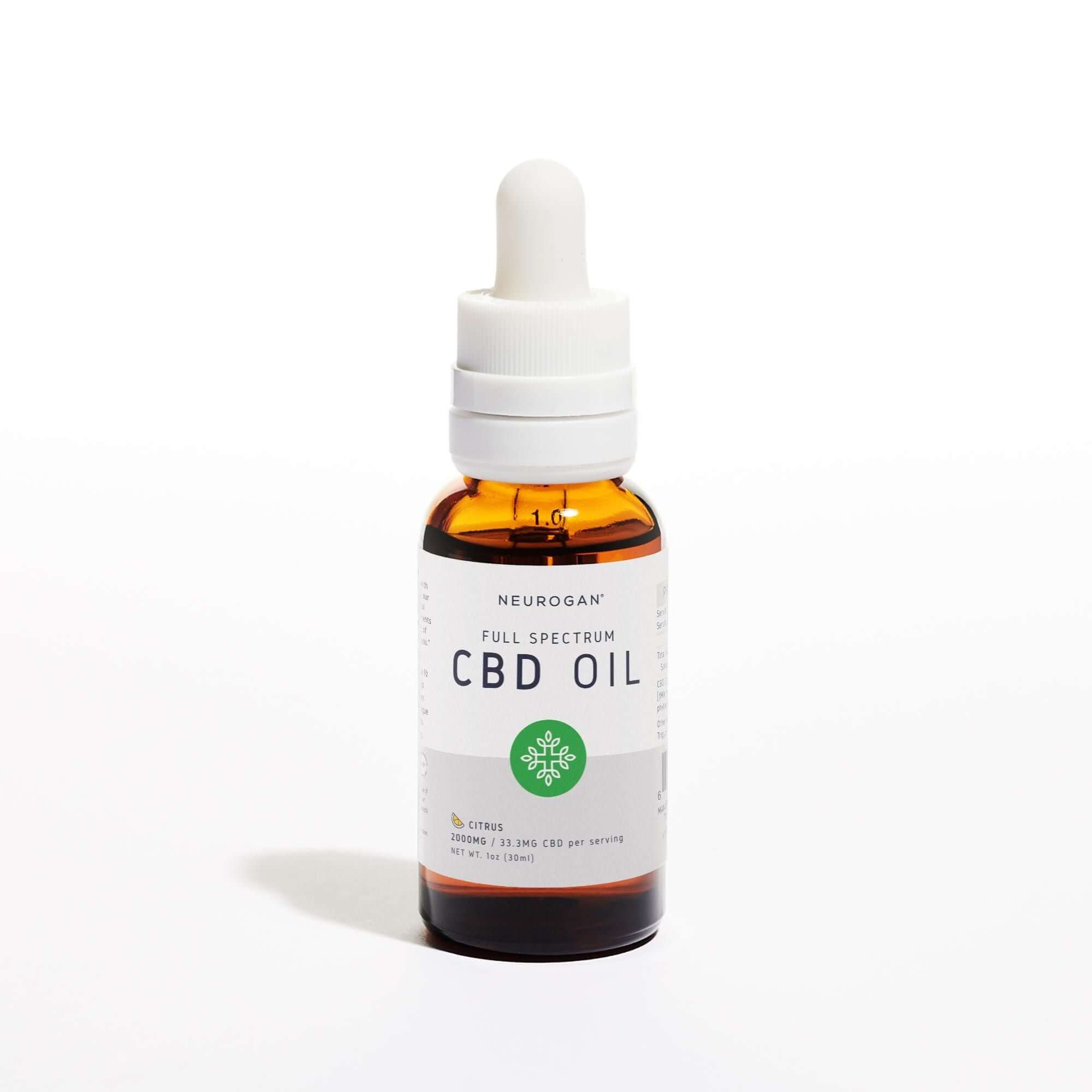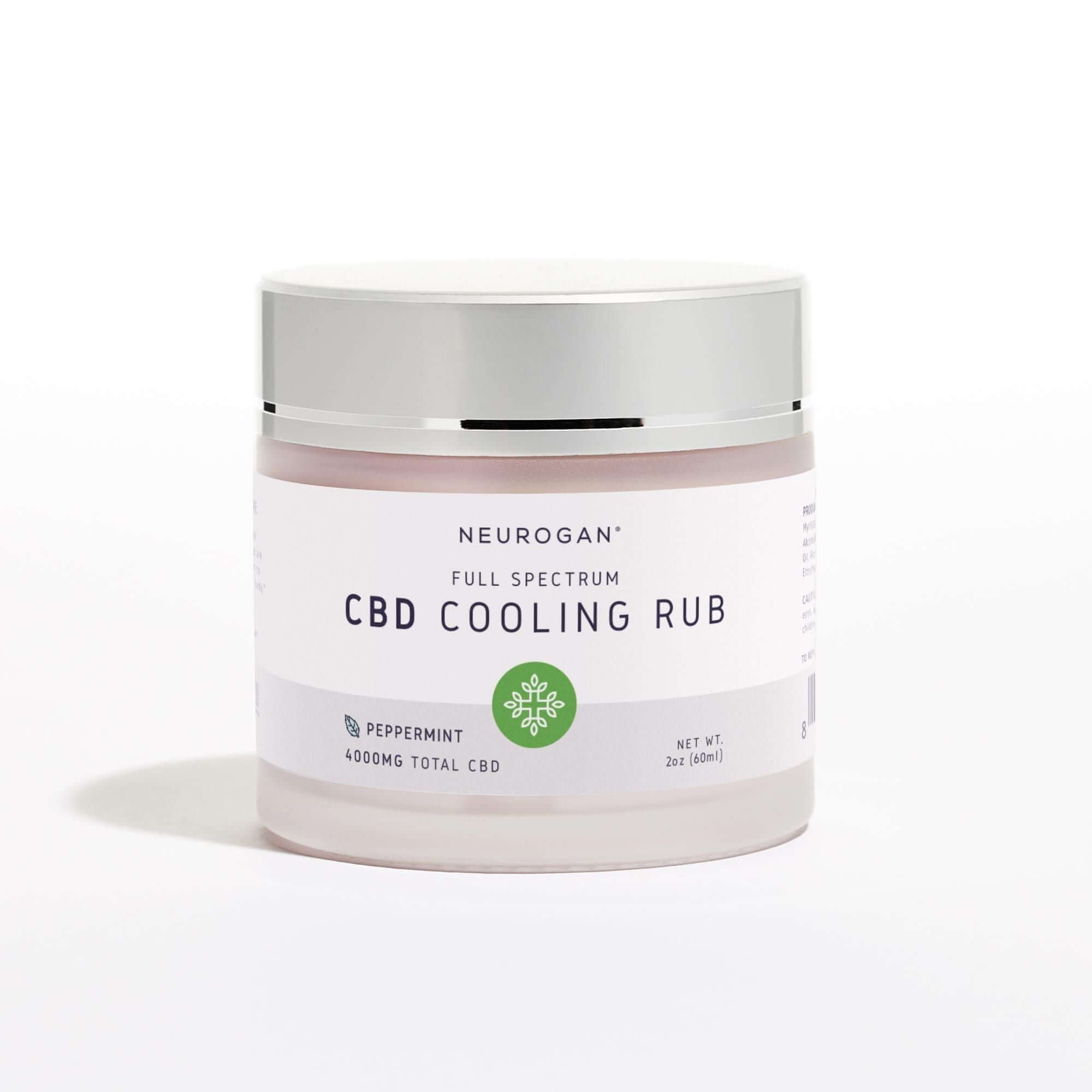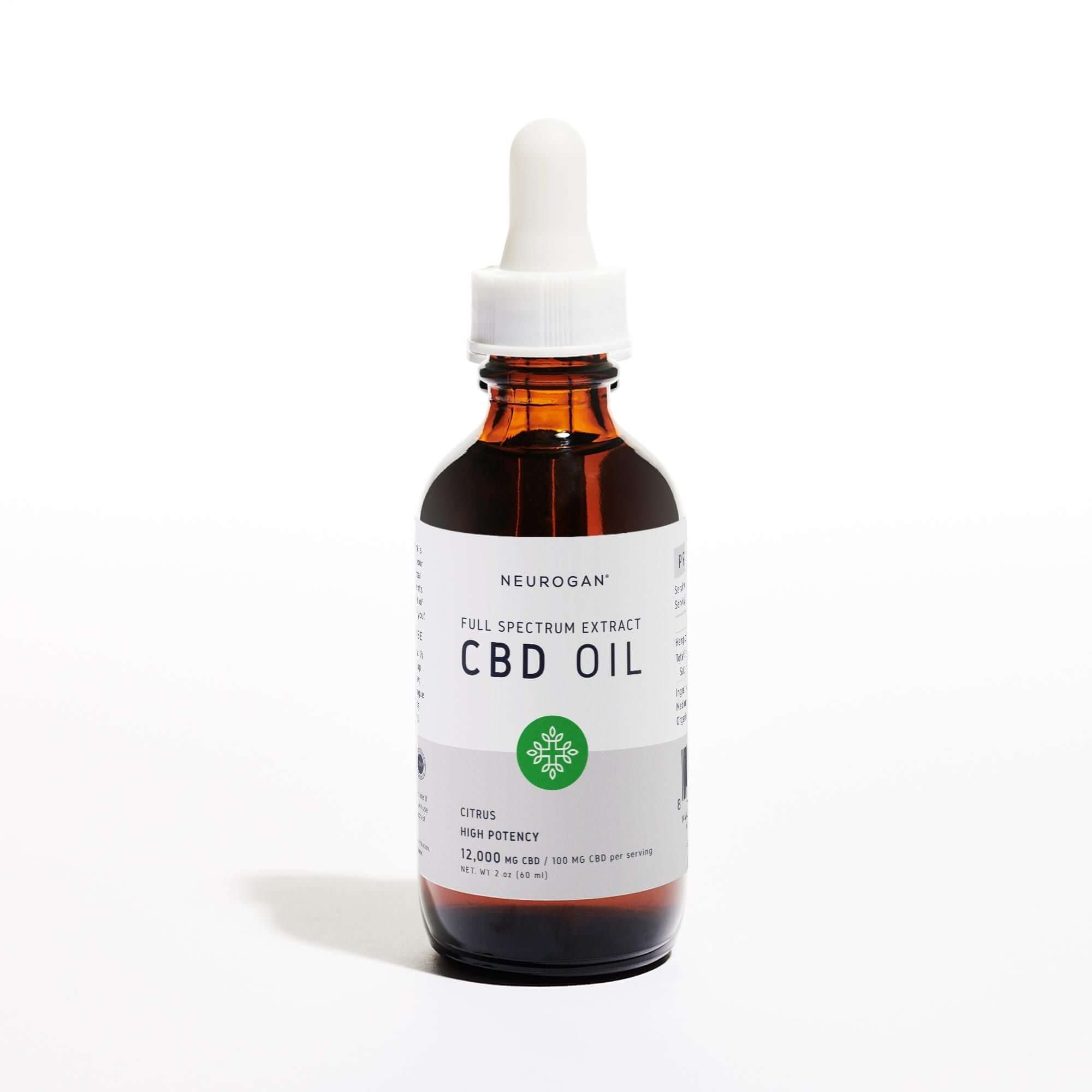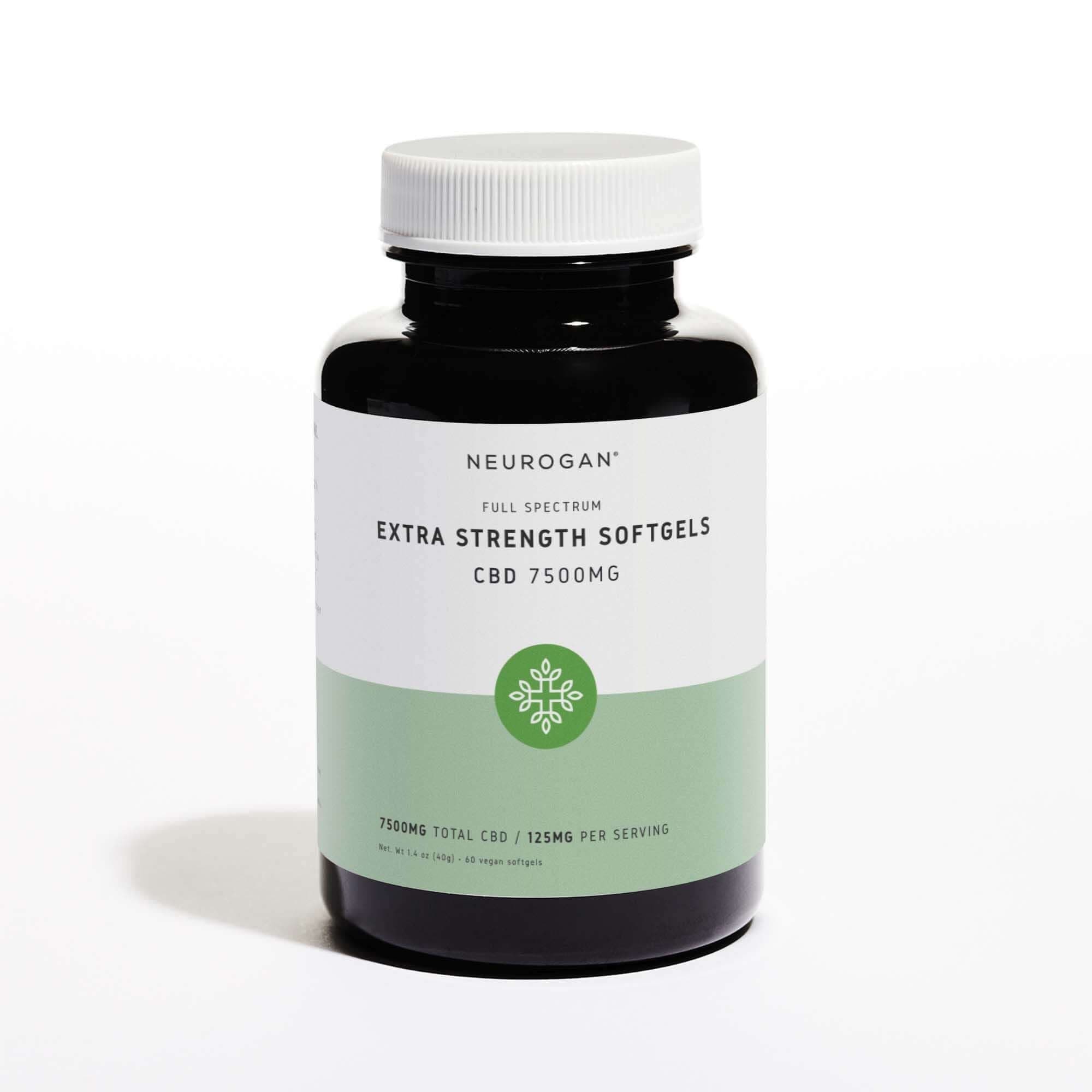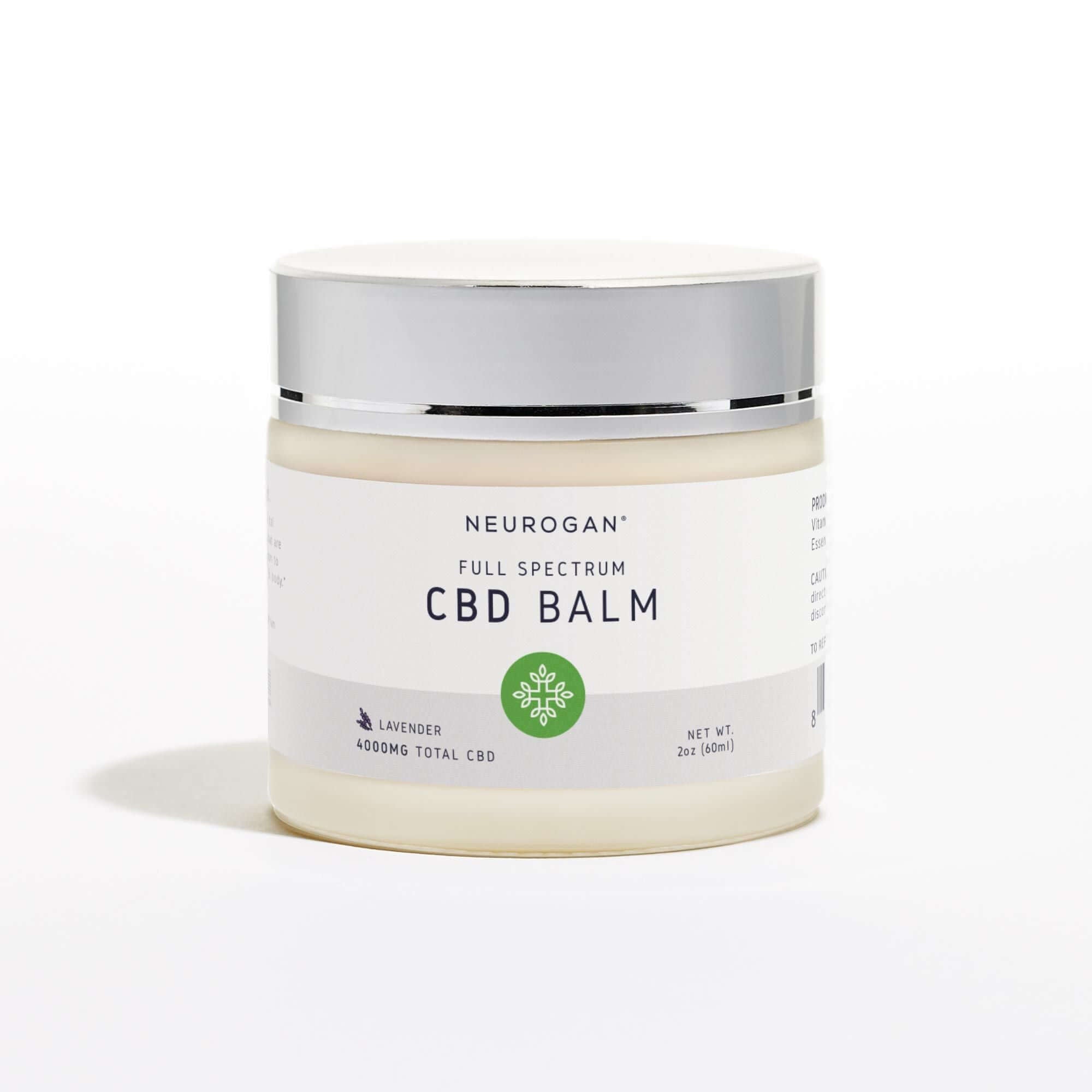While numerous studies about the safety of cannabidiol (CBD) have found it to be a very safe and non-toxic compound, it is possible to overdose on CBD and experience adverse effects despite it being very difficult to do.
When we think of overdosing, lethal overdose first comes to mind—However, overdosing on a substance doesn't necessarily always lead to life-threatening events.
Clinical data has found that CBD is a non-lethal compound, which means it's virtually impossible to administer yourself a dose that will kill you.
We'll dive into the safety of CBD products, possible adverse reactions, how much CBD you'd need to overdose on, and how to take care of yourself if you accidentally take too much CBD.
Key takeaways:
- An overdose is defined as taking more than the recommended dose of a compound and experiencing adverse effects, some of which can be life-threatening and lethal.
- CBD is a non-psychoactive and non-toxic active compound derived from cannabis plants used to support the endocannabinoid system function.
- While studies on the effects and safety of CBD oil are still in their early stages, CBD is well tolerated, even in very high doses.
- There have been no fatal overdose cases with CBD. Still, it is possible to have dangerous adverse reactions to CBD from negative drug interactions and poorly manufactured products containing hazardous contaminants.
- To avoid a negative experience with taking a ton of CBD, make sure you use full spectrum or broad spectrum CBD from a reputable source and start with lower doses. Gradually increase the dose for your endocannabinoid system to adjust to the supplementation.
Can You Overdose On CBD?
It's possible to take dangerous amounts of virtually any substance, even water.
The FDA requires medicinal compounds to provide their LD50. The LD50 is the lethal dose at which half the test subjects would be killed when given the compound. Researches investigated the LD50 for CBD in rhesus monkeys to be around 212MG/kg CBD administered intravenously. In other words, if you weighed 150 lbs, you would need 14,424MG of CBD for a potentially lethal dose when administered directly into the bloodstream without the liver and digestive system breaking down some of the compounds [1].
This isn't anywhere near standard doses of CBD oil (25–50 mg), and it would take an extreme amount of effort and money to reach an overdose on CBD products. As of writing this article, there hasn't been any reported lethal overdoses of CBD, but it is possible to take an overdose—which would mean more than the standard dose—and feel negative consequences like mild discomfort.
Safety & Precautions around Overdosing on CBD?
CBD products have become increasingly ubiquitous, appearing on the shelves of local grocery stores and featured in online advertisements.
CBD, or cannabidiol, is a compound derived from cannabis plants. Unlike THC, its psychoactive counterpart, CBD does not induce a high. It's been acclaimed in recent years for potential health benefits, with many individuals turning to it for issues like anxiety and pain relief.
But what about the safety concerns surrounding CBD and the risk of overdose?
The World Health Organization has vouched for CBD's general safety for most users, emphasizing its minimal potential for abuse and scant adverse reactions. A greater concern than CBD overdose is the variability in product quality. Not all CBD preparations are created equal.
Challenges arise from subpar production methods and misleading marketing, which may deter individuals from seeking vital medical advice.
When contemplating adding CBD to your regimen, it's imperative to consult with a healthcare professional. To safeguard against potential risks, always procure CBD from a trustworthy source, ensuring a pure product devoid of contaminants.
What Is A Lethal Dose Of CBD?
The LD50 is the median lethal dose—in other words, the amount of a substance that will kill 50% of the test subjects. It's a standard measure used by toxicologists to assess the toxicity of a substance.
The LD50 is expressed in milligrams (mg) of substance per kilogram (kg) of body weight.
For example, an LD50 of 30 mg/kg would mean that 30 mg of the substance would be lethal for every kilogram of body weight. So, if the LD50 was 30 mg/kg and you weighed 50 kg, you would need 1.5 grams (1,500 mg) of the substance to have a 50% chance of dying.
The LD50 can be measured differently, but it's usually determined through animal testing. In general, the lower the LD50, the more toxic the substance is considered to be.
So, a substance with an LD50 of 1 mg/kg is more toxic than a substance with an LD50 of 10 mg/kg. Of course, many factors can affect the toxicity of a substance, so the LD50 should only be considered as one measure of toxicity.
There is very little scientific research on CBD, and its long-term effects are still unknown. There has not been a documented case of human death attributed to an overdose of cannabis or its components, and there is no official LD50 for CBD specifically in humans [1].
But to get closer to an answer to this question there was a study that looked at reaching toxic doses of CBD in rhesus monkeys, which was determined to be 200–300 mg of CBD/kg of weight, which was continuously intravenously administered, causing cardiac failure [2].
Assuming that we could expect similar results in humans, you would need to consume roughly 14–20,000 mg of CBD within a concise time frame to reach a potentially toxic dose if you weigh about 150 lbs.
This amount of CBD isn't accessible to most people, but even if you were to consume 20,000 mg of CBD, it's not guaranteed to kill you.
So while CBD is generally considered safe, it's still important to be aware of the potential risks involved in taking large doses of it. After all, you never know when too much of a good thing might actually turn out to be bad.
Even large doses of CBD recommended for sleep support and chronic pain typically don't exceed 150 mg for one day with minimal adverse reactions [3].
Has Anyone Died From Overdosing on CBD?
The short answer is no.
There have been no reported deaths solely attributed to CBD overdose. However, this doesn't mean that excessive consumption of CBD is without risks. Like any substance, consuming large amounts of CBD can result in side effects. In rare situations, it might also interact with prescription medications, which could lead to potential health concerns.
While a fatal overdose from CBD seems highly unlikely, it's always wise to exercise caution and consult with a healthcare professional before using it in high doses.
What Are The Effects Of Overdosing on CBD
An overdose is when you've taken more than the recommended dosage of a compound, and if the signs of an overdose aren't adequately dealt with, it could lead to life-threatening conditions and even death.
CBD oil is found to be non-toxic, but it is still possible to take very high doses of CBD and overdose. You'd have to take a lot of it before starting to feel any unwanted side effects.
When you overdose on CBD, you'll feel sick and uncomfortable, but in most instances won't threaten your life.
Symptoms of a CBD overdose could include:
- Drowsiness
- Headache
- Upset stomach & diarrhea
- Constipation
- Nausea
- Lowered blood pressure
If you're experiencing these effects, try to drink plenty of water to stay hydrated and sleep it off. The effects of your CBD oil should wear off in 3–4 hours.
How Much CBD Will It Take To Overdose?
The tricky thing is that there are not enough studies of CBD conducted on humans for advisable dosing ranges for specific health benefits. Dosing CBD oil is a personal affair, and how much one person may need can vary from the next.
This is because CBD primarily interacts with the endocannabinoid system, which is tasked with maintaining homeostasis in the body.
Everyone's homeostasis will differ depending on their physiology, genetics, health conditions, and other lifestyle factors. So the answer is that there's no clear distinction as too much much CBD will be too much for you.
Therapeutic doses of around 200 mg are well tolerated, showing minimal side effects [4].
How Long Do The Effects Of CBD Last?
Pure CBD oil is typically taken orally, and the effects can last for up to 6 hours. However, this can vary depending on factors such as the person's weight, metabolism, and the amount of CBD taken. For instance, someone with fast metabolism may find that the effects of CBD wear off more quickly than someone with a slower metabolism.
Ultimately, it's best to start with a small dose and increase gradually until you find the right amount for you. And if you're looking for long-lasting relief, you can always take another dose every few hours as needed.

When starting, it's best to begin with, lower doses and then gradually increase the amount until your endocannabinoid system adjusts to the cannabinoids. Most experts suggest a starting dose of around 10–25 mg of CBD per day which you can easily obtain from our range of 1000mg to 3000mg CBD oil.
Also, pay attention to how you feel and note any changes. Keeping a journal could be helpful here, as you can log your doses and how they made you think. This way, you can become more mindful of the effects of CBD on your body.
The Takeaway: Can You Overdose On CBD Oil?
CBD has been having a moment for the last few years as more and more brands jump on the bandwagon to release products containing the trendy ingredient, from gummies to tinctures to lotions. But with anything that becomes as mainstream as CBD has, there will always be people looking to cash in by releasing defective products or making false claims about the compound.
So, given all the hype, you might be wondering: is it possible to overdose on CBD?
The simple answer is yes. It technically is possible to take too much cannabidiol and experience uncomfortable side effects as a result. However, it's essential to keep in mind that there is no known lethal dose of CBD, which means that the compound is considered safe. So while you might feel pretty crummy if you take too much, it will not kill you.
CBD works by interacting with the body's endocannabinoid system, which helps regulate things like enhanced mood, pain perception, and appetite.
FAQ
What are the effects of CBD overdose?
Symptoms of a CBD overdose could include: drowsiness, headache, upset stomach & diarrhea, nausea, and lowered blood pressure. If you're experiencing these effects, try to drink plenty of water to stay hydrated and sleep it off. The effects of your CBD oil should wear off in 3–4 hours.
Has anyone died from a CBD overdose?
There have been no reported deaths from CBD use. When you overdose on CBD, you'll feel sick and uncomfortable, but in most instances won't threaten your life. However, that's not to say that CBD is entirely safe. Like anything else, CBD can have side effects, and in some rare cases, it can interact with prescription medications that could put you at a health risk.
Can you overdose on CBD Oil?
It technically is possible to take too much cannabidiol and experience uncomfortable side effects as a result. But it's essential to keep in mind that there is no known lethal dose of CBD, which means that the compound is considered safe. So, while you might feel crummy if you take too much, it will not kill you.
Is CBD safe?
The World Health Organization reports CBD as a generally safe compound for most individuals with a very low potential for abuse and minimal adverse effects. The most significant cause for concern when it comes to incorporating CBD into your wellness routine is the quality of the CBD products themselves, as not all CBD oils are made the same.
References:
- Sherer, S., & Schechter, J. (2016). SCHEDULING CANNABIS: A PREPARATORY DOCUMENT FOR FDA'S 8-‐‑FACTOR ANALYSIS ON CANNABIS.
- Rosenkrantz, H., Fleischman, R. W., & Grant, R. J. (1981). Toxicity of short-term administration of cannabinoids to rhesus monkeys. Toxicology and applied pharmacology, 58(1), 118-131.
- Iffland, K., & Grotenhermen, F. (2017). An update on safety and side effects of cannabidiol: a review of clinical data and relevant animal studies. Cannabis and cannabinoid research, 2(1), 139-154.
- White, C. M. (2019). A review of human studies assessing cannabidiol's (CBD) therapeutic actions and potential. The Journal of Clinical Pharmacology, 59(7), 923-934.










